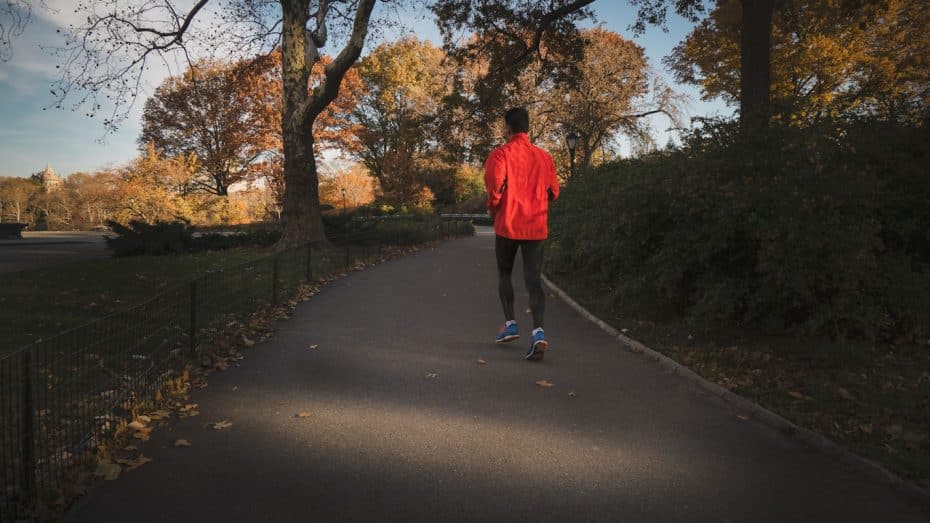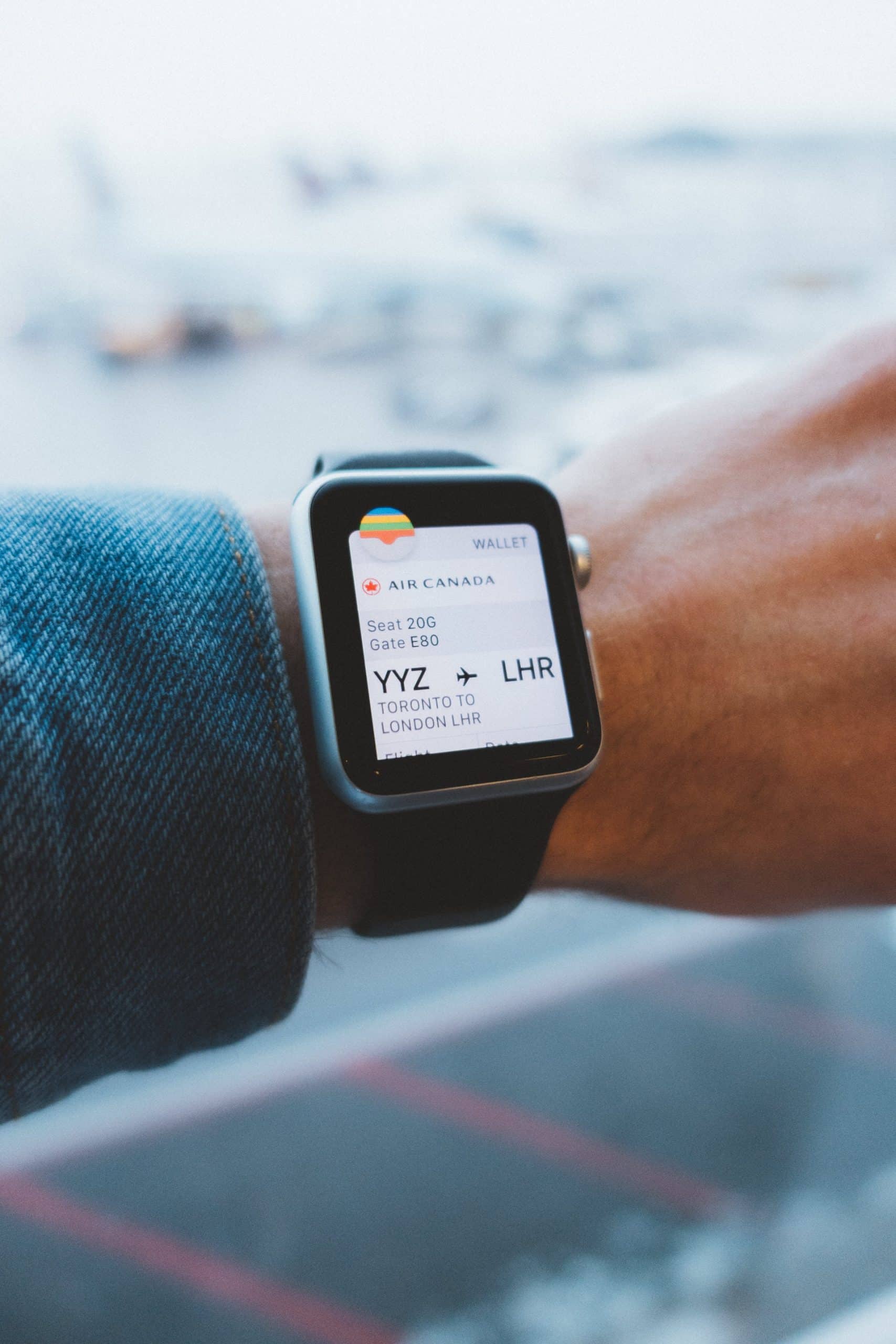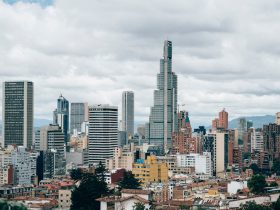Traveling across time zones can be exciting yet exhausting due to the inevitable effect of Jet Lag on our bodies. Jet Lag can leave you feeling foggy and out of sync, but it also affects sleep patterns, productivity, and overall well-being. But don’t worry; with proper planning and some practical tips, you can overcome this condition and make the most of your trip. In this guide, we will explore simple yet effective Jet Lag tips for your next adventure.
Jet Lag: Tips and Tricks to Overcome It

Understanding Jet Lag
Jet lag is a temporary condition that occurs when there’s a disruption in our body clock, or circadian rhythm, due to rapid travel across different time zones. It can cause various symptoms, including fatigue, difficulty sleeping, gastrointestinal issues, and trouble concentrating.
To understand the causes of Jet Lag, it is crucial to consider the body’s natural sleep-wake cycle. Likewise, the influence of external factors, such as sunlight and social cues, can also tell us a lot about Jet Lag.
The body’s internal clock in the brain’s suprachiasmatic nucleus regulates various physiological processes, including sleep and wakefulness. This internal clock primarily relies on the 24-hour light-dark cycle to synchronize with the external world. However, when we travel rapidly across time zones, our internal clock struggles to adapt to the new light-dark pattern. So, there’s a mismatch between our body’s internal rhythm and the external environment.
Several factors influence the severity of Jet Lag. These factors include the number of time zones crossed, the direction of travel (i.e., eastward or westward), and individual characteristics such as age, health status, and sleep patterns. Generally, jet lag is more pronounced when traveling eastward, as it requires the body to adjust to an earlier time zone and compress the natural sleep-wake cycle into a shorter period.
Scientific research has identified various physiological processes that contribute to the development of jet lag. One key factor is disrupting the body’s melatonin production, a hormone that regulates sleep. Melatonin levels typically rise in the evening, signaling the body to prepare for sleep. However, when traveling across time zones, the timing of melatonin release can be delayed or accelerated, leading to difficulties in falling asleep or staying awake at the desired times.
Additionally, exposure to light plays a critical role in regulating the body’s circadian rhythm. Light exposure, particularly natural sunlight, helps synchronize the internal clock with the external environment. When traveling to a new time zone, individuals may be exposed to light at inappropriate times, disrupting their circadian rhythm further.
Tips to Overcome Jet Lag Before a Trip

- Adjusting Your Sleep Schedule
Adjusting one’s sleep schedule before a trip is an effective method for preventing jetlag.
But how? Well, you should begin adjusting your sleep schedules several days before departure. For example, if traveling eastward, you can gradually shift your bedtime by 30 minutes to one hour daily. This way, when you get to your destination, your internal clock will be more closely aligned with the local time, reducing the impact of jet lag.
- Taking Melatonin Supplements
Taking melatonin supplements can also come in handy to prevent jetlag.
After all, when traveling across time zones, the timing of melatonin release can be delayed or accelerated, leading to difficulties in falling asleep or staying awake at the desired times.
So, you may be able to get melatonin from natural supplements.
For more travel-friendly meds, read our checklist for hypochondriac travelers.
Tips to Manage Jet Lag During a Flight
- Hydration, Hydration, Hydration
Dehydration has been identified as a contributing factor to jet lag by several studies.
Dehydration could exacerbate jetlag symptoms like fatigue. Therefore, maintaining adequate hydration levels during flights is essential in mitigating jetlag. Drink water or electrolyte-rich fluids before, during, and after the flight. Avoiding caffeinated beverages and alcohol, which may increase dehydration risk, is also recommended.
- Choosing the Right Flight Timing

In addition to managing hydration levels, choosing optimal flight timings can minimize the effects of jetlag.
You could travel overnight on long-haul flights or choose flights that coincide with sleep schedules at the destination. This method enables travelers to adjust more swiftly to local time at their destination.
Tips to Overcome Jet Lag After Arrival
- Getting Sunlight Exposure
Exposure to sunlight is a scientifically proven method to help alleviate the symptoms of jet lag after long-distance travel.
Sunlight is essential in regulating our internal biological clock. In 2003, Dr. Charles A. Czeisler of Harvard Medical School and his colleagues discovered that sunlight helps reset the circadian rhythm after traveling across different time zones.
Travelers experiencing jet lag can harness the power of natural sunlight to readjust their internal clocks. Exposing yourself to sunlight during the day at your destination allows your body to recalibrate its circadian rhythm according to local time.
Furthermore, a study published in 2008 conducted by Dr. Barbara L. Parri from the University of California found that scheduled exposure to bright light could improve daytime alertness and night-time sleep quality for passengers traveling across multiple time zones.
- Working Out
Working out after arriving can also help you beat jetlag quickly.

Moderate-intensity aerobic exercises, such as cycling or brisk walking for 30 minutes, enhance sleep quality and reduce the severity of jet lag symptoms. In addition, working out within two hours of a new local bedtime will help you experience a significant improvement in sleep quality.
Apps and Tools that Can Assist with Managing Jet Lag
There are several apps and tools available to help manage jet lag and acclimate to new time zones. One such app is Timeshifter, which uses personalized, science-based plans to help you adjust and reduce the effects of jet lag. It offers a pre-travel sleep schedule, plus adjustment recommendations regarding exercise, caffeine intake, and bright light exposure. By following the tailored strategy, users can minimize the negative impact of rapid time zone shifts.
Another popular app is SleepScore, an app that not only helps you manage jet lag but also improves overall sleep quality. Using your smartphone’s microphone and speaker, SleepScore measures your sleep patterns to offer a personalized sleep plan, including bedtime recommendations and ideal wake-up times. The insights gained from using SleepScore can be particularly useful when adjusting to new time zones, as it helps identify optimal sleep schedules designed to enhance your ability to cope with jet lag.
Lastly, Jet Lag Rooster is an online tool that generates customized step-by-step jet lag recovery plans. It takes into account details such as your normal bedtime routine and travel itinerary before offering useful suggestions for when to sleep, rest, or seek natural sunlight. By following these personalized recommendations in accordance with your travel schedule, you can optimize your body clock and mitigate jet lag symptoms effectively.
Using Your Smartwatch to Fight Jet Lag

One effective way to use your smartwatch to combat jet lag is by taking advantage of its sleep-tracking features. Before embarking on your journey, ensure you have set up and calibrated your smartwatch’s sleep-monitoring functions. As you begin to experience symptoms of jet lag, closely monitor your sleep patterns using the data provided by your smartwatch.
Another useful strategy involves using your smartwatch’s reminders and alarms to establish routines. Jet lag often disrupts our daily schedules, making it difficult for our bodies to adjust. To alleviate this challenge, set alarms on your smartwatch for key activities such as eating meals, exercising, and taking short naps or rest breaks at consistent intervals throughout the day. Creating a structured routine will help train your body to align its internal clock with the new time zone more rapidly.
Lastly, take advantage of the various health and wellness apps available for download on your smartwatch. Many of these applications focus on meditation, relaxation techniques, meal planning, and exercise routines specifically designed to help users combat jet lag.
Everything You Need to Know about Jet Lag: Frequently Asked Questions
Jet lag, also known as desynchronosis, is a temporary sleep disorder that affects people who travel rapidly across multiple time zones. It results from the disruption of the body’s internal clock, which regulates sleeping, waking, and other daily functions. This disorientation can lead to fatigue, confusion, difficulty concentrating, and physical discomfort such as headaches and digestive troubles.
To reduce the severity of jet lag, begin adjusting your sleep schedule a few days before your trip. Gradually shift your bedtime and waking time closer to the schedule of your destination. Also, stay well-hydrated in the days leading up to your trip; dehydration can exacerbate jet lag symptoms. Exposure to natural sunlight during the day can help reset your internal clock more quickly upon arrival at your destination.
Jet lag often manifests as difficulty falling asleep or staying asleep at night, excessive daytime sleepiness, difficulties with concentration or memory, irritability and mood swings, gastrointestinal distress or changes in appetite. Some people might also experience mild depression or anxiety as their bodies struggle to adjust to the new time zone.
The duration of jet lag symptoms varies based on individual factors and the number of time zones crossed. Generally speaking, it takes approximately one day per time zone crossed for the body to fully adjust. However, people can start feeling better within 2-4 days after arriving at their destination.
While there’s no magic cure for jet lag, several approaches can help mitigate its effects. These include using melatonin supplements to help regulate sleep patterns, adjusting light exposure during the day to promote alertness or relaxation as needed, maintaining a consistent sleep schedule once you’ve reached your destination and practicing good sleep hygiene.
Once you arrive at your destination, try to adopt local sleeping hours as soon as possible. Establish a bedtime routine, including winding down with calming activities like reading and avoiding electronic devices. Limit caffeine and alcohol intake before bed and create a comfortable sleep environment.
Eating well before and during your travels can help reduce the impact of jet lag. Consuming a well-balanced diet rich in fruits, vegetables, lean proteins, and whole grains will provide you with energy and the necessary nutrients to stabilize your body clock. Hydration is key, so be sure to drink plenty of water before, during, and after your flight. Lastly, while traveling, try adjusting your meal times to match those of your destination.
Although anyone can experience jet lag when traveling across multiple time zones, some research suggests that older adults might have a harder time adjusting their sleep patterns than younger individuals. Children are generally thought to be more resilient when it comes to adapting to new time zones; however, they may still experience some symptoms of jet lag during international travel.
While it might be tempting to take a nap upon arriving at your destination, it is generally recommended to resist napping during the day in an effort to ensure a restful night’s sleep. If you absolutely must nap, try limiting it to just 20-30 minutes to prevent worsening jet lag symptoms.
It is unlikely that anyone is truly immune to jet lag; however, some individuals may be more resilient or less affected by it than others. Factors such as age, overall health, and individual sleep patterns can all contribute to how severely someone experiences jet lag. It’s essential to understand that each person’s body responds differently to time zone changes. Thus, while some people might experience minimal disruption to their sleep schedules and energy levels, others may struggle with adjusting to the new time zone for several days.


























Leave a Reply
View Comments